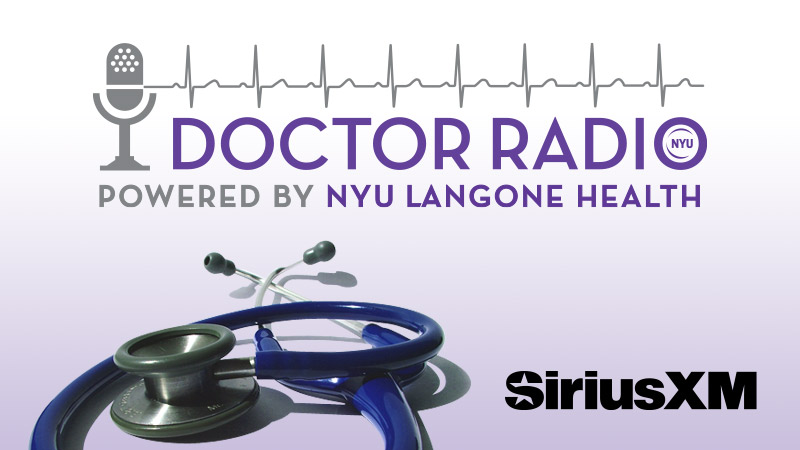muscle96ss
FOUNDING Member / Featured Member / Verified Custo
Featured Member
Kilo Klub Member
Registered
Verified Customer
- Joined
- Jun 17, 2002
- Messages
- 3,154
I meant to add this within my last response. Busy day.
I'm not directing this at you specifically, Maldorf. Moreso, since you brought to discussion about eliminating iron through a multivitamin. I've had this same conversation with several people as well different physicians with mixed opinions. I personally stand behind supplementation if one's Fe status is subpar- deficient. Not saying you should. In general.
The better part of a year ago on my way to work, as usual I'm tuning in to one of my go-to stations on Sirius XM, Doctor radio. It's a live show that hosts different discussions about interdisciplinary medicines, from ER, urology, dermatology, cardiology to oncology-hematology as well as several other hourly segmented shows. You can call in with whatever questions pique your interest.
I happened to catch the oncology-hematology hour, which the topic was about myeloproliferative disorders, such as PV, ect. The hosts were discussing different treatment strategies, so on and so forth. Phlebotomizing was one of the topics discussed. So, I called in asking their opinions on routinely phlebotomizing and supplementation of iron in someone who's pushed their iron status in the dirt. Both of the hematologists on the show agreed that with secondary erythrocytosis (worlds apart from the topic at hand of myeloproliferative disorders) there's detriments if over phlebotomized and untreated iron deficiency. Given their clinical experience, it's not advisable to push the envelope to continuously phlebotomize. As it comes with consequence in itself, if you punch the patients Fe status in the dirt (obviously I'm paraphrasing, with accurate context) this creates more issues for the patient. Their response to supplemental Fe if one happened to become iron deficient, even without anemia. By supplemental iron, this addresses the secondary by symptoms related to iron deficiency, which these issues generally correct itself with supplemental iron. At the same time, for reference, one of the hematologist referred me to an interview that was done that's accessible online by one of his colleagues, -Josef T. Prchal, MD, PhD (Professor Division of Hematology and Hematologic Malignancies. Department of Internal Medicine at the University of Utah).
Keep in mind, Dr. Prchal commentaries are lined around individuals with PV (polycthemia vera) which is worlds apart from secondary erythrocytosis. PV is a myeloproliferative disorder, in which is all hematopoietic cells are increased (platelets, white blood cells, and red blood cells) through increased cell proliferation, hence, myelo-(marrow derived) proliferative-(abnormal cell production). Bad.
With secondary erythrocytosis, only erythrocytes (red blood cells) are increased to a ceiling point given ones genetics and other factors that may be related to oxygen sensing. The prevalency of thromboembolism is much higher in individuals with PV than those with secondary erythrocytosis. Which the latter is quite rare in isolation without a secondary etiology (abnormal condition). Given the commentary below by, Dr. Prchal, we can conclude his concerns are as equally important to treat Fe deficiency-WITHOUT-anemia. Nevertheless.
Diagnosing or Ruling Out Polycythemia Vera in Patients With Erythrocytosis – Hematology & Oncology
www.hematologyandoncology.net
What number is this station? All I listen to in the car is XM; mostly Hair Nation and Prime Country. I didn't know they had anything like that on there.


































.gif)














































